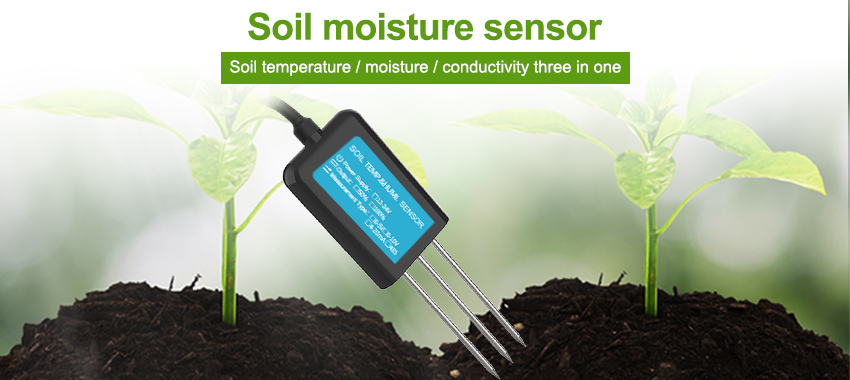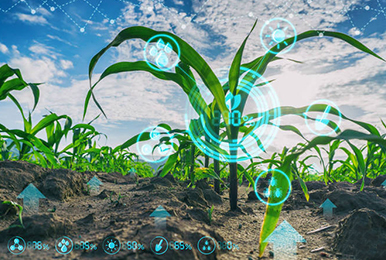Soil moisture sensor smart

Soil moisture sensors smart are devices that measure the amount of moisture content in soil. These sensors play a crucial role in agriculture and environmental monitoring, as they help farmers and researchers manage soils with precision, conserve water resources, and maintain optimal crop yields. The integration of smart technology into these sensors has led to the development of more sophisticated soil moisture sensors that offer real-time monitoring and data analysis capabilities.
Smart soil moisture sensors typically feature enhanced connectivity options, such as Wi-Fi, Bluetooth, and cellular technologies, which allow users to access real-time soil moisture data remotely. This makes them an ideal solution for monitoring conditions in large agricultural fields or remote locations. With real-time data, farmers can make informed irrigation decisions based on current conditions, saving water, and increasing crop yields.

One significant benefit of using soil moisture sensors smart is the ability to collect large amounts of data. This data can be analyzed using artificial intelligence and machine learning algorithms, which can help farmers optimize crop management practices over time. By tracking variations in moisture levels over extended periods, stakeholders can identify patterns revealing areas within plots that have specific irrigation requirements. With this information, they can determine the optimal irrigation schedules and precise water application requirements needed for each area.
Another feature often seen in smart soil moisture sensors is automation of irrigation systems through interconnection with smart valves and other irrigation-related hardware. The sensor data helps control irrigation cycles more efficiently and prevent wastage. This not only helps farmers save valuable resources but also reduces costs associated with wastage.
Apart from their applications in agriculture, smart soil moisture sensors can also be used for environmental monitoring purposes. Land managers and agencies involved in land rehabilitation efforts and ecological conservation rely on sensor data to deliver accurate environmental performance assessments. Smart moisture sensors assist in measuring soil moisture levels in ecosystems, providing information necessary for proper understanding of soil and habitat dynamics.

The integration of smart technology in soil moisture sensors has made these devices more affordable and user-friendly, making them valuable tools for individual gardeners and homeowners. These sensors can be connected to automated irrigation systems or integrated within basic home automation systems. Homeowners often rely on smart moisture sensors to determine when plants need watering, enforcing precision watering scheduling that leads to higher quality gardens.
In summary, the integration of smart technology in soil moisture sensors has brought numerous benefits to agriculture, including improved crop yields, water management practices, better water utilization efficiency, and water conservation. Additionally, smart sensors have ushered in a more sophisticated mode of environmental monitoring that enables better management and enhanced ecological performance assessment of lands. Their critical insights provide an opportunity for optimization, cost savings, and deliver predictive analysis for stakeholders, helping farmers make informed decisions that can lead to significant improvements in crop yield and reduced resource wastage.